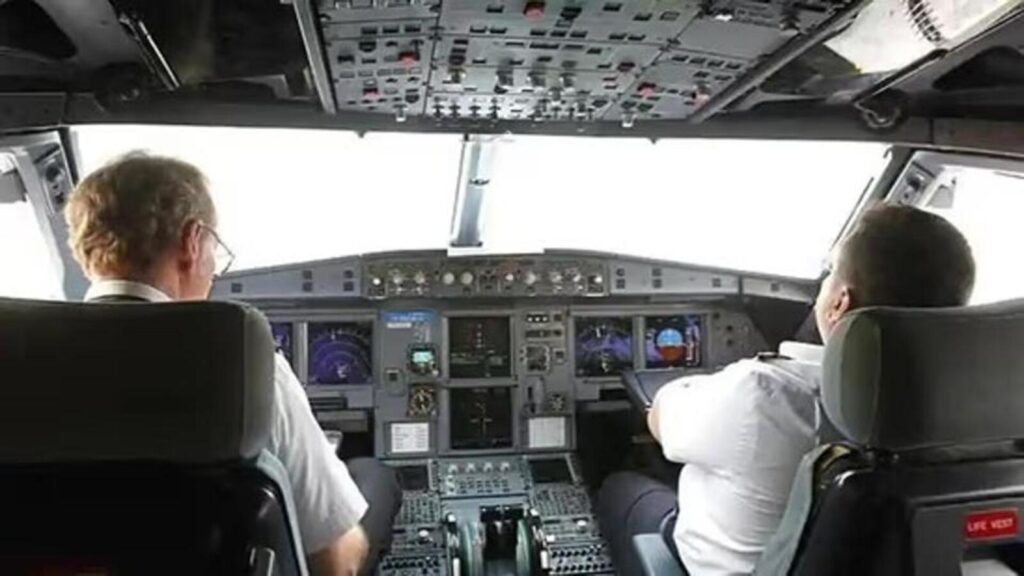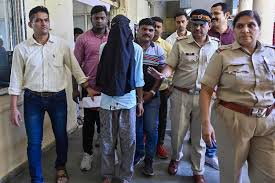Now Reading: India Issues Travel Advisory Amid Cambodia-Thailand Tensions Over Ancient Temple Site
-
01
India Issues Travel Advisory Amid Cambodia-Thailand Tensions Over Ancient Temple Site
India Issues Travel Advisory Amid Cambodia-Thailand Tensions Over Ancient Temple Site

As tensions rise between Cambodia and Thailand over a centuries-old temple, the Indian Embassy in Phnom Penh has issued an advisory for Indian nationals in the region. With the situation turning unpredictable near the disputed Preah Vihear temple site, the embassy has also released emergency helpline numbers for Indian citizens currently in Cambodia.
What’s Happening Between Cambodia and Thailand?
At the heart of the conflict is the Preah Vihear temple, a 1,100-year-old Hindu site perched on a cliff along the Cambodia-Thailand border. Though the International Court of Justice ruled in 1962 that the temple belongs to Cambodia, both nations have had long-standing disagreements over the surrounding territory.
Recently, military presence on both sides has increased near the border, leading to fears of escalation. There have been unverified reports of minor clashes and tension among locals in the region. The Cambodian and Thai governments are currently monitoring the situation closely, but the atmosphere remains tense.
Indian Embassy Steps In
In response to the escalating situation, the Indian Embassy in Cambodia has advised all Indian nationals to avoid travel to areas near the Cambodia-Thailand border, particularly around the Preah Vihear site. Those already in the area have been urged to exercise extreme caution.
The advisory also lists helpline numbers for Indian citizens in case of emergencies, ensuring direct access to consular support. The embassy has confirmed it is in regular contact with local authorities and will continue to monitor developments.
Why This Matters for Indians Abroad
Many Indians living in Southeast Asia, especially those involved in business, education, or tourism, frequently move across the Thailand-Cambodia corridor. Tier 2 cities in India, like Nagpur, Surat, and Jaipur, are witnessing an increase in people traveling abroad for work or spiritual tourism. That’s why such advisories hold particular relevance — even if conflict zones seem distant, they can impact Indian citizens unexpectedly.
Families back home are also being urged to stay in touch with relatives who are currently in Cambodia or planning to visit in the near future.
What’s Next?
The conflict is unlikely to be resolved quickly, given the historical and political sensitivities. However, both nations have hinted at a diplomatic approach in recent statements. Meanwhile, Indian citizens are advised to stay updated through official embassy channels and avoid unnecessary travel to high-risk zones.
In uncertain times like these, a timely advisory is a reminder that even ancient sites can become flashpoints in modern geopolitics — and vigilance remains key for those far from home.

























